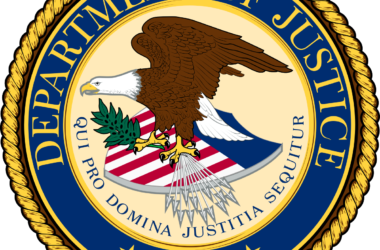JUNEAU, ALASKA (AP) — A crew member on an Alaska state ferry tested positive for the coronavirus, which caused a cancellation of the service in Southeast Alaska.
The Alaska Marine Highway System said the planned run of the ferry M/V LeConte in Lynn Canal near Juneau was canceled Sunday after the diagnosis was obtained.
The highway system, which is part of the state Department of Transportation, said the crew member recently returned home after a two-week rotation on the LeConte.
It was not immediately clear when the crew member was tested. Ferries spokesman Sam Dapcevich said state transportation officials were notified Saturday that a ferry worker had the coronavirus.
Dapcevich: “We tested the entire crew aboard the LeConte, 23 crew members, and all the test results came back negative. We also are testing the next crew that is supposed to start their rotation Aug. 14th. They will all be required to have a negative test result before reporting to duty.”
No close contacts with the infected crew member were identified in Juneau or on the ferry and no specific testing or quarantine recommendations were made for crew or passengers, the marine highway service said.
The remainder of the LeConte’s crew was not cleared to travel until the early morning hours of Sunday, leading to the decision to postpone the sailing to Haines and Skagway until Wednesday.
Dapcevich: “With the amount of time it took to test everybody, and keeping people up late into the night, we didn’t want to run the boat the next morning with a tired crew.”
The LeConte’s service schedule includes runs between Juneau, Pelican, Angoon, Kane and Lynn Canal communities later this week.
The number of infections is thought to be far higher because many people have not been tested, and studies suggest people can be infected with the virus without feeling sick.
For most people, the new coronavirus causes mild or moderate symptoms, such as fever and cough that clear up in two to three weeks. For some — especially older adults and people with existing health problems — it can cause more severe illness, including pneumonia, and death.






